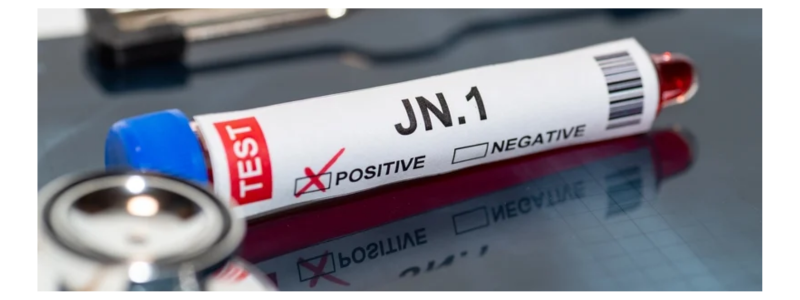According to statistics from the World Health Organization, approximately 1.89 million people succumb to the effects of excessive salt consumption each year. This overindulgence in salt has been identified as a significant contributor to health issues such as high blood pressure and cardiovascular diseases.
If your blood pressure is going up, and you're trying to get it under control with the right diet, exercise, medications, and monitoring devices, you might wonder if you need to cut out salt completely.
The good news is you don't have to ditch salt entirely. You just need to watch how much you use. So, how much is the right amount?
The World Health Organization (WHO) suggests that we should have less than 5 grams of salt per day (about 2 grams of sodium) to prevent heart disease. Unfortunately, many people around the world are eating more salt than this recommended amount. Cutting down on salt can help keep our hearts healthy.
Know more here: What are the Health Consequences of Excessive Salt Intake
How To Reduce Salt Intake In My Diet On A Daily Diet Daily Basis?
Stay Hydrated: Most important for your overall health as well, Drink water or herbal teas to stay hydrated instead of sugary or salty drinks.
Cook at Home: Opt for homemade stir-fries with fresh vegetables instead of ordering takeout.
Flavor with Herbs: Season grilled chicken with rosemary and lemon instead of a salty marinade.
Read Labels: Choose unsalted nuts or low-sodium versions of snacks.
Limit Processed Foods: Swap pre-packaged snacks for whole fruits or raw veggies.
Rinse Canned Foods: Rinse canned beans before using them in salads or soups.
Choose Fresh Produce: Snack on apple slices or carrot sticks instead of salty chips.
Mindful Eating Out: Order a grilled chicken salad with dressing on the side instead of a saltier option.
Gradual Reduction: Use less salt in pasta sauce over time, and enhance flavor with garlic, onion, and herbs.
Frequently Asked Questions (FAQs)
How can I reduce my salt intake for weight loss?
Reducing salt aids weight loss. Cut back on processed foods, use alternatives like herbs and spices, and be mindful of added salt. However, extreme salt reduction may lead to temporary water weight loss.
Why is it important to not eat too much salt?
Eating too much salt is important to avoid because it can lead to high blood pressure, increasing the risk of heart disease, stroke, and other cardiovascular problems. Excessive salt intake is also linked to various health issues, including kidney disease and stomach cancer. Keeping salt intake in check promotes better overall health.
What is the healthiest alternative to salt?
Opt for alternatives like black pepper, onion powder, nutritional yeast, vinegar, paprika, truffle oil, ginger, and herbs. These options enhance flavor without the negative health effects associated with excessive salt. Make sure you use these alternatives in the right amount.
What happens if I stop eating salt?
Halting salt intake can lead to hyponatremia, causing muscle cramps, nausea, dizziness, and, in severe cases, shock, coma, or death. Balance is crucial for maintaining overall health.
Does reducing salt reduce weight?
Reducing sodium intake may cause a temporary loss of water weight. However, extremely low sodium levels are not advisable, as the body requires a reserve for optimal health.














